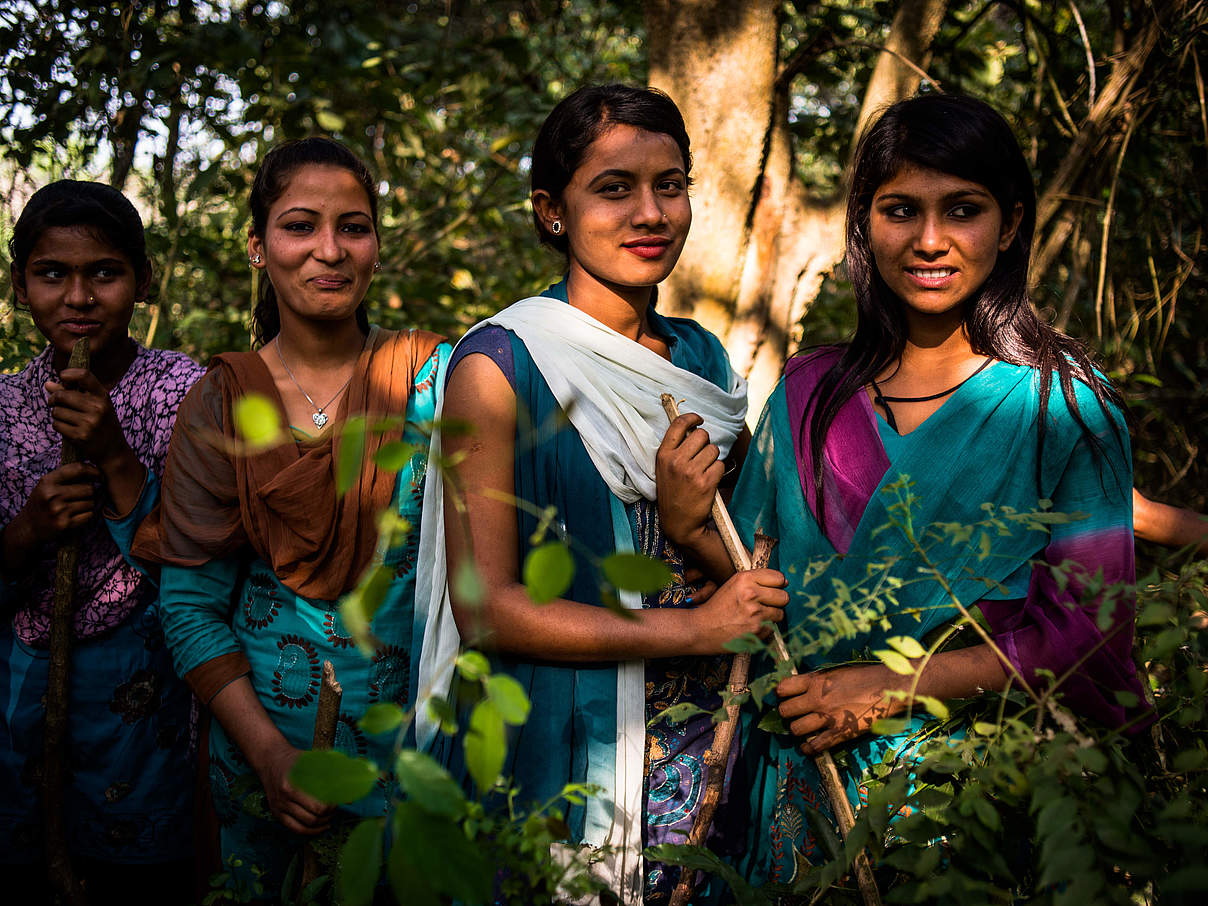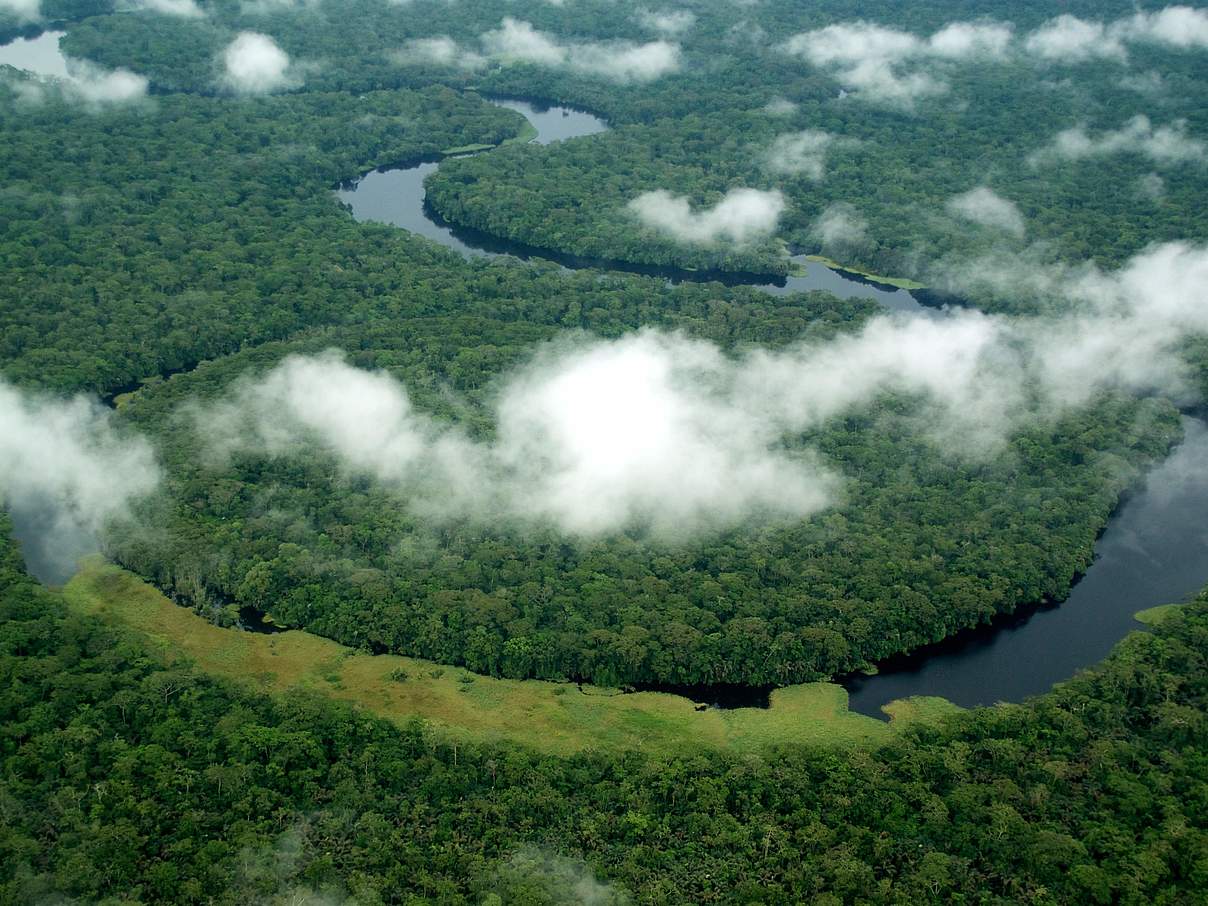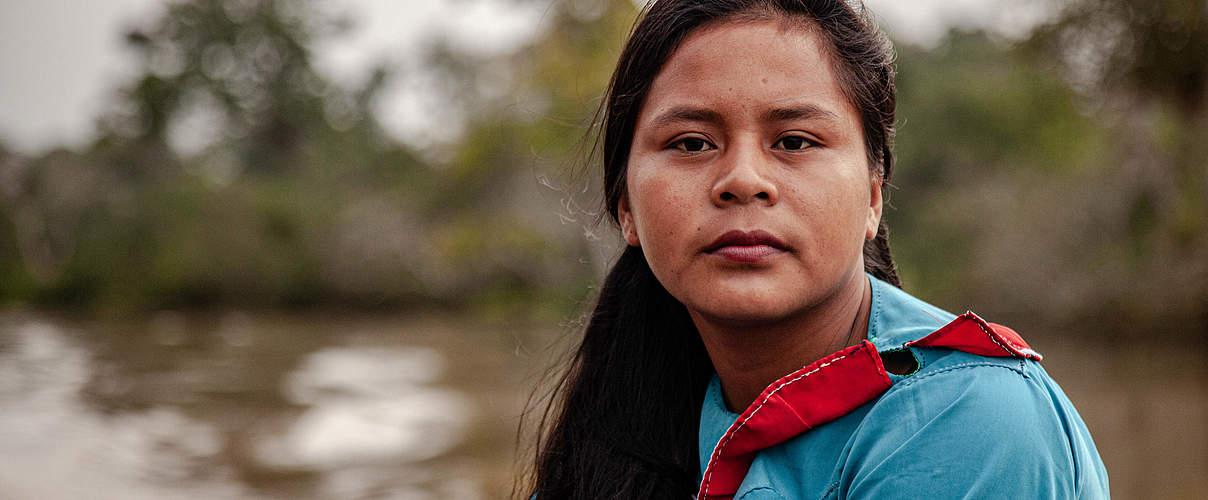WWF Germany has decided to implement the recommendations step by step. The goal is to make the protection of human rights a systematic component of environmental work. Markus Löning and his team will support this process.
WWF has published a report that analyses how human rights are integrated into its work in protected areas. The report focuses on its activities in the crisis and conflict region of the Congo Basin. The environmental organisation commissioned Markus Löning of the Human Rights & Responsible Business institute and former Human Rights Commissioner of the Federal Government with the independent investigation in March. In addition to analysing the effectiveness of internal processes and standards, the report includes recommendations for their improvement. The analysis is based on the UN Principles for Business and Human Rights (UNGP), which were created in 2011. These principles stipulate stricter due diligence requirements for organisations.
Human Rights: WWF Germany publishes independent assessment and outlines package of measures
The core findings of the report:
- WWF Germany has introduced standards and guidelines designed to protect human rights or has adopted them from public donors, but does not always apply them consistently across the board.
- In its projects, WWF is already implementing numerous measures such as complaint mechanisms, basic and advanced training for rangers, the establishment of human rights centres and medical care for people on the ground. However, the level of implementation varies from project to project.
- The report recommends harmonising project structures and specifications to ensure that the most important human rights risk areas are addressed in nature conservation projects in protected areas.
Upon publication of the report, Eberhard Brandes, CEO, WWF Germany, explained: “Our mission is to stop the global destruction of nature and the environment and to create a future in which human beings and nature live together in harmony. Compliance with human rights is the foundation for all nature conservation activities. The allegations have hit us hard. We immediately commissioned Markus Löning and his team to analyse our processes, make recommendations for action and provide support for further improvements. The report is the driving force behind our mission and our motivation. We stand by our responsibility and will implement the recommendations.”

On the occasion of the presentation of the report, Markus Löning said: “The UN Guiding Principles on Business and Human Rights were established in 2011 and are stipulating hu-man rights due diligence requirements for organisations. Responsibility no longer extends to organisation’s activities only, but also to those of partners involved. This is a challenge for many organisations and there is room for improvement in WWF Germany’s current practice as well. Human rights issues should be included in all project decisions from the very outset and a consistent management approach for these issues needs to established. But most importantly while planning and implementing a project it should be very clear to all involved that nature conservation and respect for human rights must go hand-in-hand.”
“WWF are pursuing this issue seriously and with great openness,” Löning continued. “I’m confident that we can create and implement a robust set of rules that will help the organisa-tion respect human rights even in regions where this may seem difficult. Especially in the Congo Basin, with its long history of social conflict and civil wars, WWF are facing a difficult combination of everyday human rights abuses and weak law enforcement. Protected areas are usually owned by national authorities, which is why WWF also needs to work with government institutions whose practices may not always meet international standards.”

To meet these new requirements, WWF Germany will continue to develop its processes and develop a set of rules that more systematically integrates the protection of human rights, from initial project planning to its implementation on the ground and subsequent evaluation. In addition, the environmental organisation outlined an initial package of measures, including the creation of two new positions to address human rights in WWF Germany projects and in cooperation with local partners. The other measures focus on two particularly important project regions in Africa – the Salonga National Park in the Democratic Republic of Congo and the Dzanga Sangha Protected Area in the Central African Republic.
The standard training already taking place in both areas, in which, in addition to technical issues, the protection of human rights also plays an important role, will be expanded. Within one year, all rangers working in and around the Salonga National Park will receive appropriate training. According to current information, this affects around 200 of the 300 employees. The same applies to Dzanga-Sangha: here, too, training is being intensified. In Salonga, the existing complaint system will be expanded to help those affected by human rights abuses quickly and easily. WWF will draw on the positive experiences and findings of the already established complaint mechanism in Dzanga-Sangha. In a pilot phase, which is scheduled to start this year, local representatives will be deployed in various villages in Salonga to whom victims can report.
